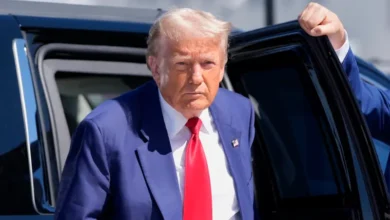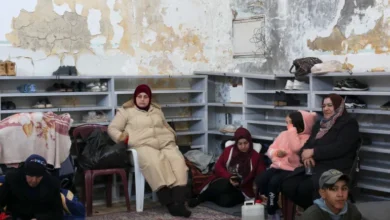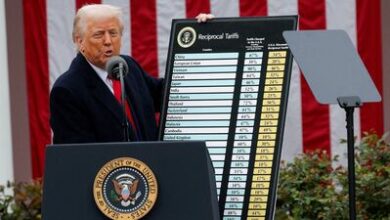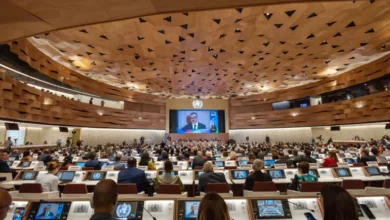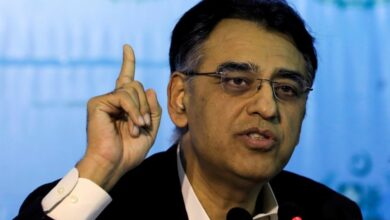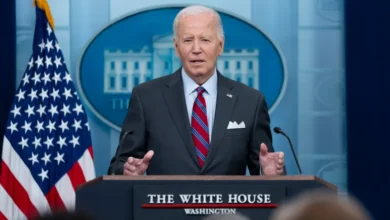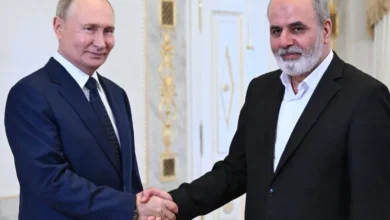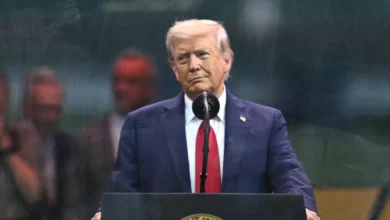Kashmir’s top cleric was a fiery freedom advocate. Now he preaches patience
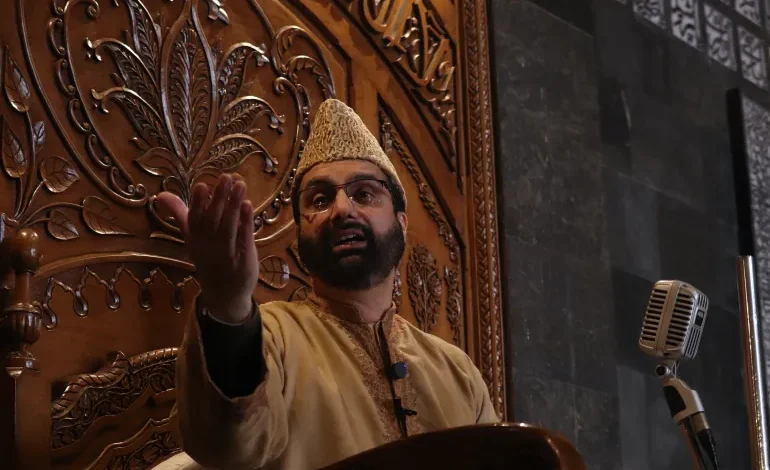
On a sunlit June Friday in Srinagar’s Old City, the Jamia Masjid stands as it always has, ornate and imposing. Its 14th-century wooden pillars have been witnesses to centuries of sermons and struggle.
Inside, about 4,000 worshippers sit in silence.
When Mirwaiz Umar Farooq, the spiritual leader of Kashmir’s Muslims, rises to speak, he does so with grace but caution. Draped in his customary golden-bordered white thobe and crowned with a brown Karakuli hat, he delivers a sermon laced with quiet prayers.
“As we enter the new Islamic year,” he said, “I extend greetings to the entire Muslim Ummah. May Allah grant us peace, unity and strength, protect the oppressed, and guide our leaders with wisdom and righteousness in these testing times.”
His tone is unrecognisable from just a few years ago, when the now 52-year-old mirwaiz – as Kashmir’s chief Muslim leader is known – was a fiery orator, thundering with conviction, his speeches a powerful cocktail of religious messaging and politics.
For almost three decades, Kashmir’s supreme Muslim leader was also one of the region’s most influential voices arguing for its independence from India through peaceful dialogue, at a time when the valley was a cauldron of violence. An armed secessionist struggle that kicked off in the 1980s led to a massive Indian security presence in Kashmir, and since then, more than 40,000 people have been killed according to Indian government estimates.
Farooq’s speeches would often invoke Kashmir’s right to independence. Seven years ago, on June 2, 2018, for instance, the mosque brimmed with more than 30,000 worshippers. Farooq, visibly impassioned, ascended the pulpit.“This pulpit will never fall silent,” he proclaimed. “The Jamia mimbar will continue to speak truth and be on the side of justice … Kashmir is our nation, only we will decide its fate.”
The crowd erupted. Chants of “Azaadi [freedom]!” thundered within the mosque.
But Kashmir has since changed: In 2019, the government of Prime Minister Narendra Modi unilaterally revoked Kashmir’s semi-autonomous status, guaranteed at the time under the Indian Constitution, which was followed by a security clampdown and administrative restrictions. Thousands were arrested, including Farooq, who was placed under house arrest. It would be four years before he was released in 2023.On this Friday, it seems like Farooq has changed, too. Gone is the defiant rhetoric that once defined him. There are no overt political cues in his sermon, only verses from scripture, calls for patience, and appeals for community calm.
The crowd listens. Respectful, but unlike in earlier years, unmoved.
Outside, across Kashmir, a question is beginning to take hold. Few say it out aloud, but the conversations are real: Is the head-priest adapting to survive in a changed Kashmir, or is he fading into irrelevance?
